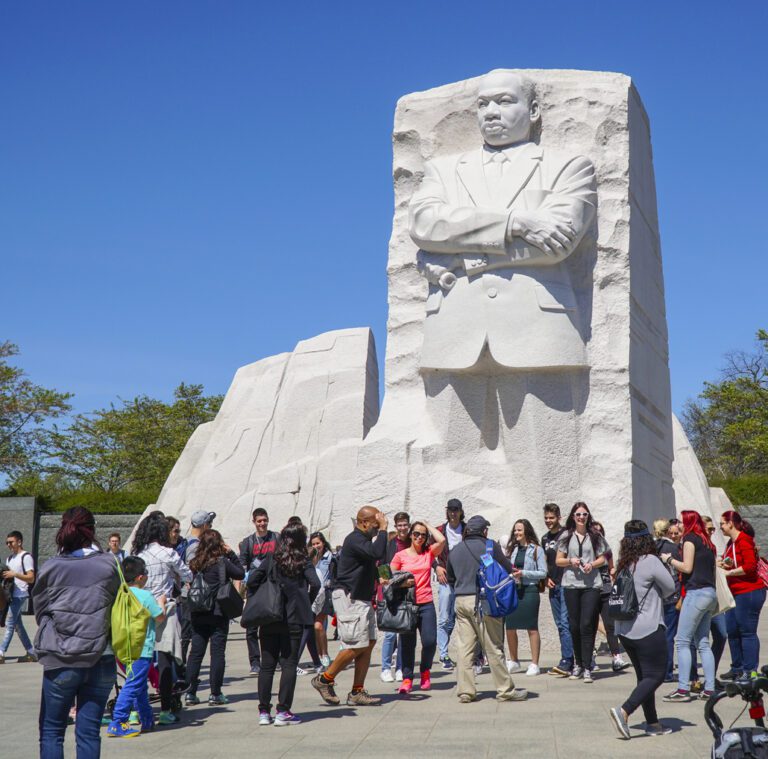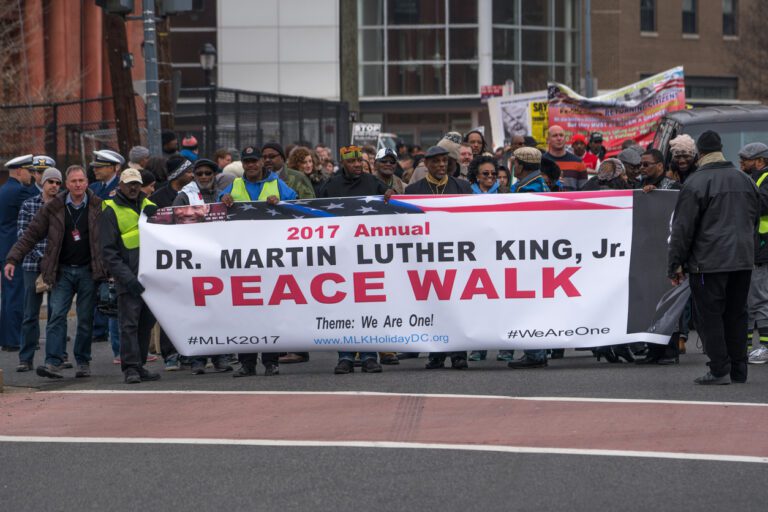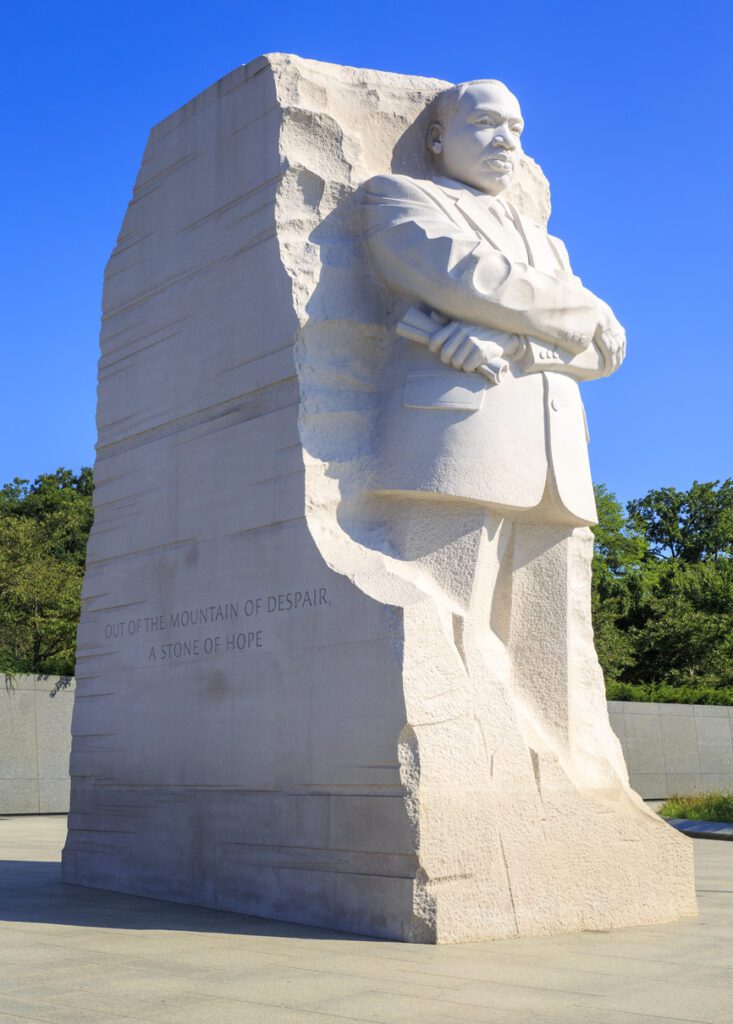Reverend Martin Luther King was an influential and inspirational civil rights leader in the United States. He was born on January 15, 1929, and grew up in Atlanta, Georgia. His father was a Baptist pastor who strongly advocated for social justice and racial equality during the Jim Crow era of segregation. King’s activism began when he organized protest marches to fight against segregated busing for African Americans in Montgomery, Alabama.

King became one of the most prominent figures in the American Civil Rights Movement. He advocated for non-violent civil disobedience to challenge oppressive policies like Jim Crow laws that perpetuated racism and inequality across America. In addition to his leadership role within the movement, King also gave powerful speeches, such as his infamous “I Have a Dream” speech at the March on Washington in 1963.
King was assassinated on April 4, 1968, while visiting Memphis, Tennessee. Though his life and work were tragically cut short, he left behind a legacy of justice and change that still resonates today. His efforts led to the passage of the Civil Rights Act of 1964, which prohibited discrimination based on race, color, religion, sex, or national origin. This landmark legislation opened the door for greater civil rights protections across America. Additionally, King’s advocacy paved the way for increased access to education and employment opportunities for African Americans, as well as fair voting rights in many states.
The influence of Reverend Martin Luther King has been felt around the world with other movements for social justice utilizing his non-violent ideals and strategies. He has inspired people of all backgrounds, and his legacy will continue to impact our society for generations to come.
I have only provided an overview of Reverend Martin Luther King’s life and work. His activism is credited with passing the Civil Rights Act of 1964 and increasing African Americans’ access to education and employment opportunities. Additionally, King’s non-violent approach has been utilized by other movements around the world in their fight for social justice. His influence will continue to be felt in the years ahead, reminding us of the importance of standing up against oppression and inequality wherever it may occur.

The Rev. Martin Luther King will always be remembered for his dedication to justice and equality, leaving behind a legacy that still resonates today. As we honor his life and work today, let us use the power of non-violence to continue fighting for social justice worldwide.
Reference:
Why The Racial Wealth Gap Hasn’t Shrunk Since MLK’s Death: A Look At The Numbers
Thank you for reading this blog post, and if you have any questions or comments, please leave them in the Comments section below.
© 2019 I Don’t Know All The Answers, Nikki Mastro
All of my photographs and documents are Copyrighted.

